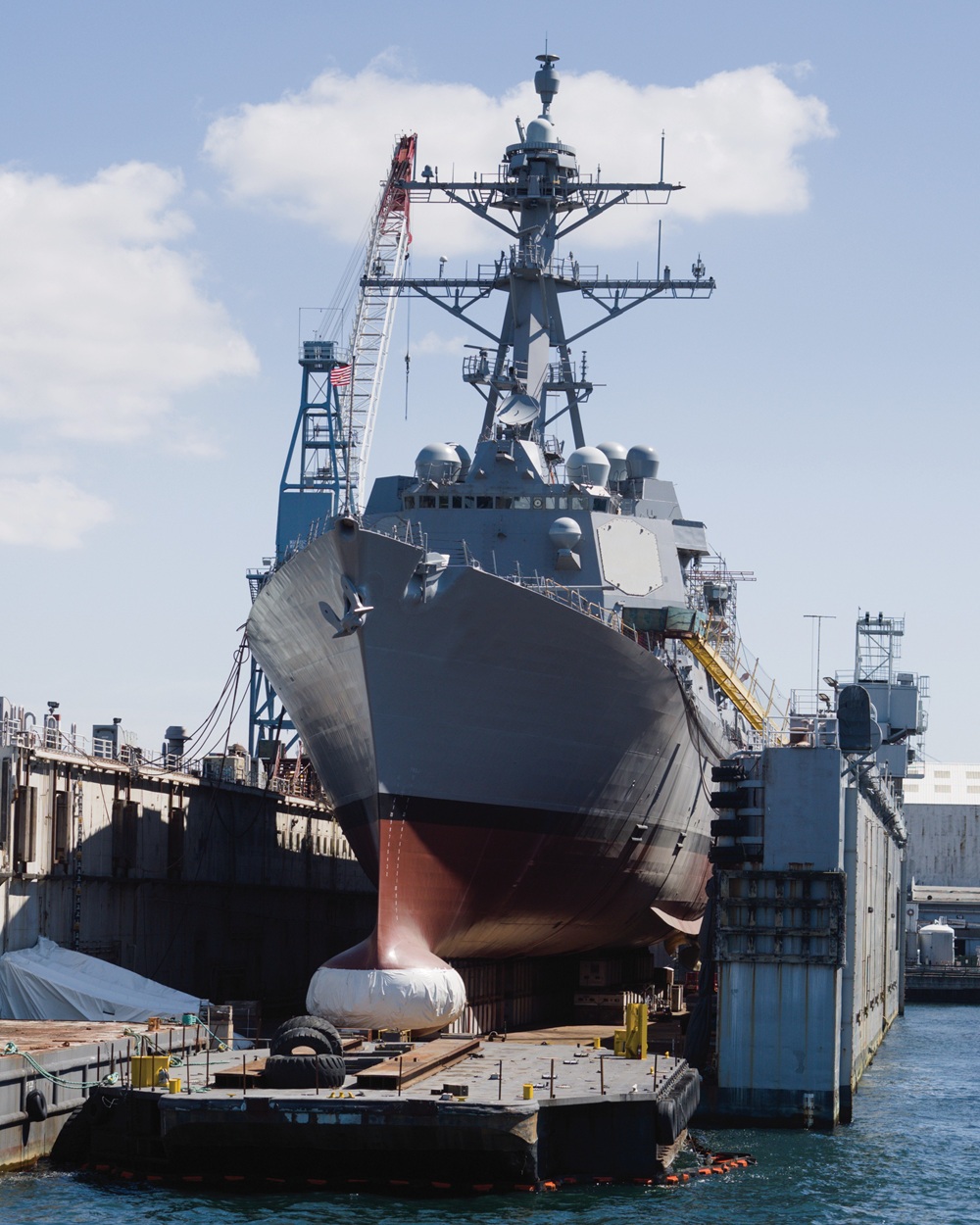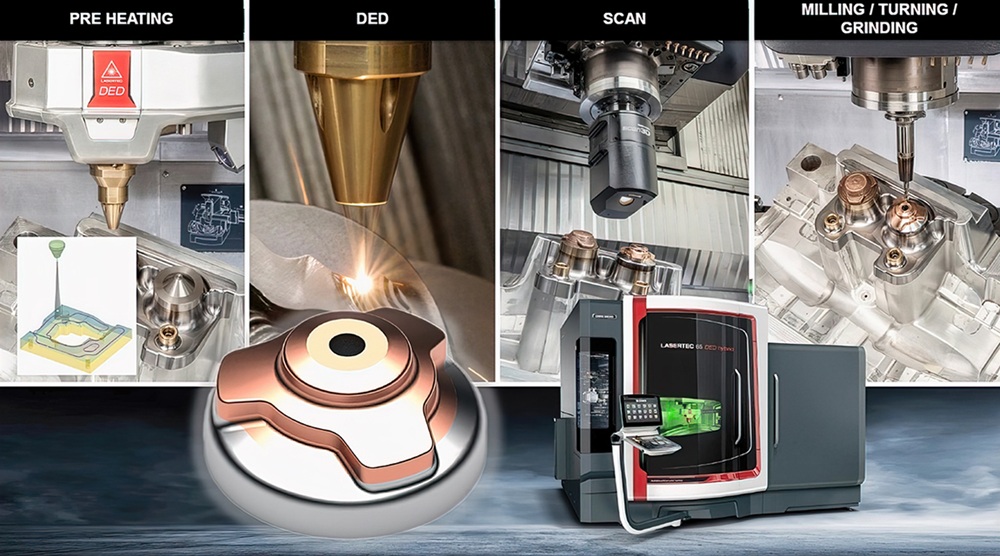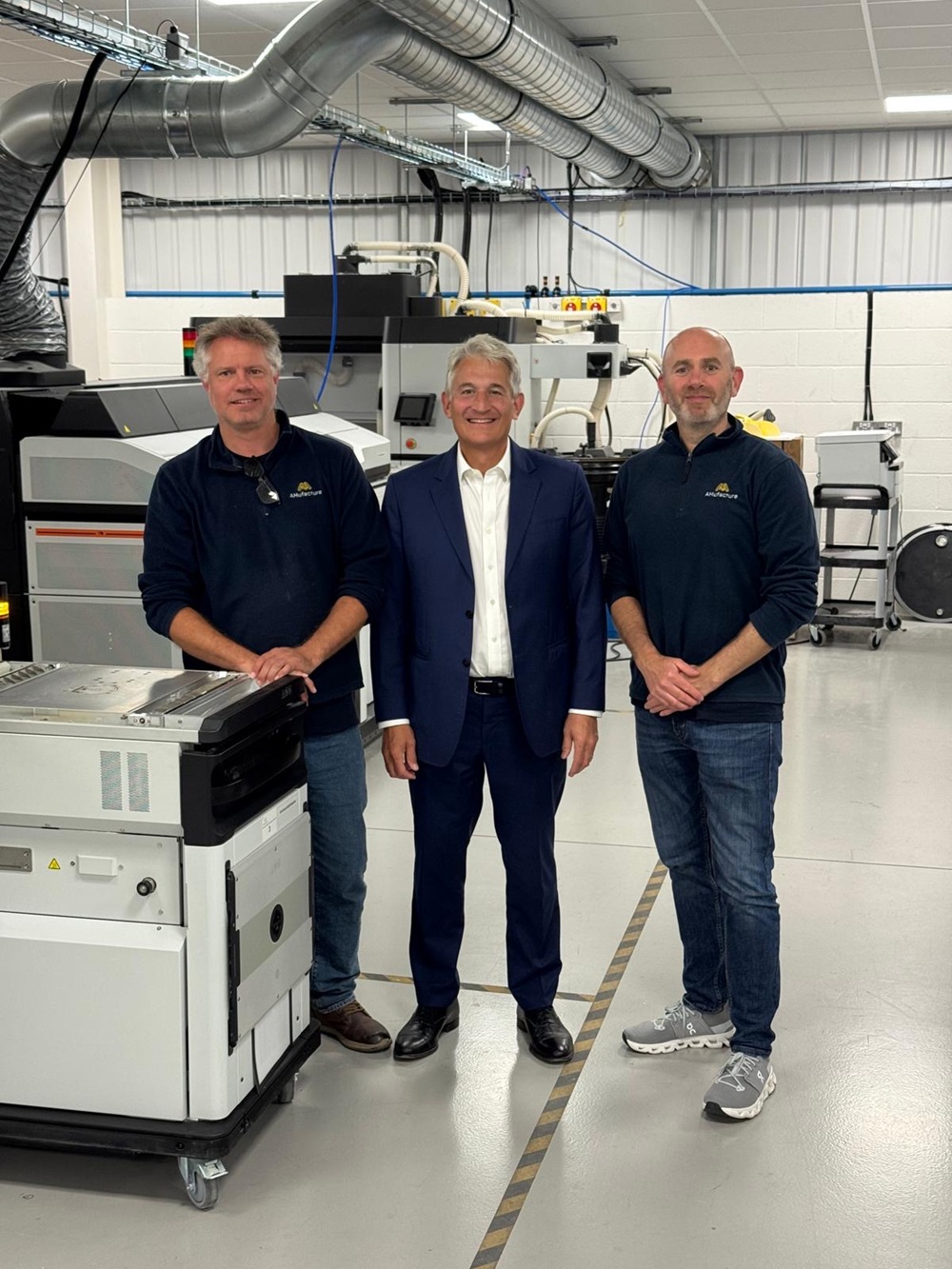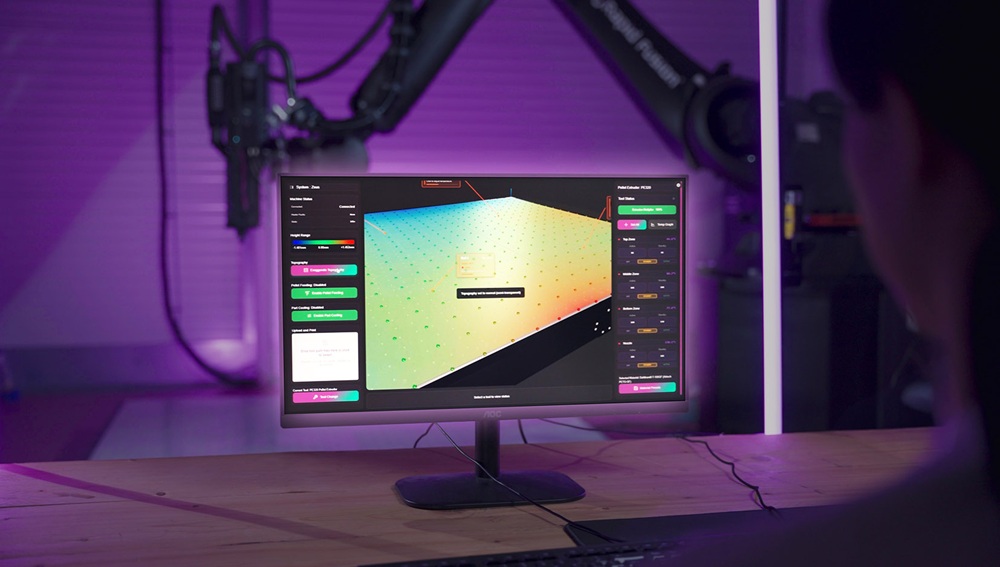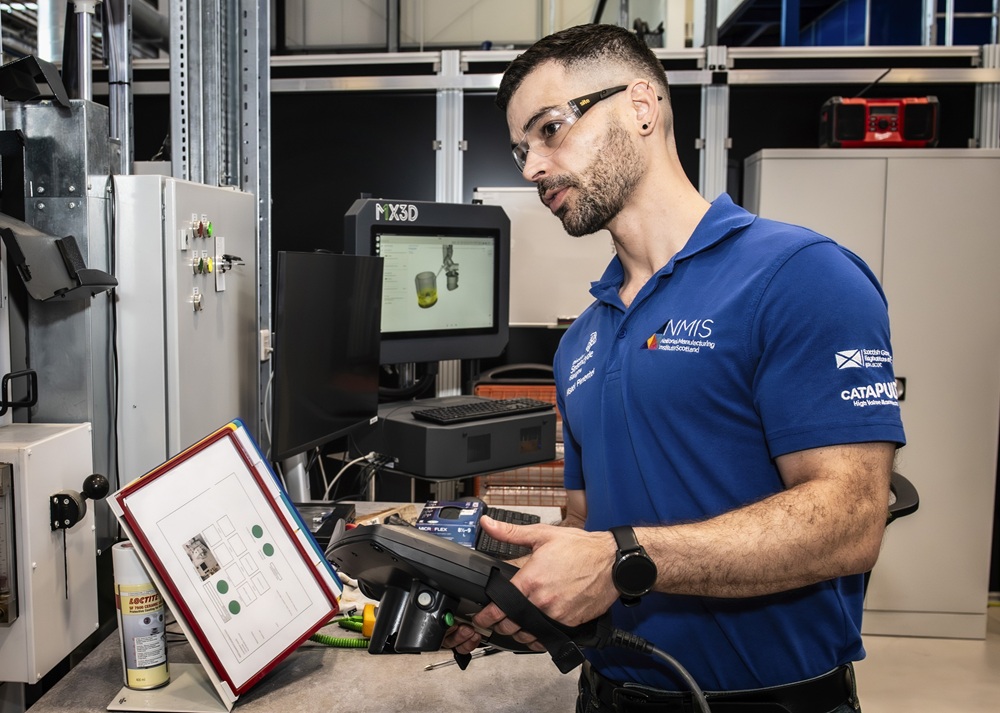Additive manufacturing (AM) machine manufacturer Stratasys recently participated in Trident Warrior 25, the US Navy’s flagship fleet experimentation exercise, demonstrating how AM keeps military units operational at sea and in forward-deployed locations. In partnership with FleetWerx and the Naval Postgraduate School’s Consortium for Advanced Manufacturing Research and Education (CAMRE), Stratasys supported the Joint Advanced Manufacturing Cell (JAMC) with field-deployable 3D printers and on-demand production through Stratasys Direct.
The JAMC was the Department of Defense’s largest distributed manufacturing demonstration to date, connecting assets across more than 8000 miles. The exercise allowed the Navy to print parts in-theatre or reach back to Stratasys Direct for higher volume or complex production, creating a wide-ranging ecosystem of support and options across forward-deployed locations.
During the exercise, seven different sites across the global leveraged Stratasys printers, with all parts meeting US military specifications. Trident Warrior 25 also demonstrated that by deploying 3D printers in the field, there is reduced reliance on traditional logistics chains. Lightweight, corrosion-resistant polymer parts were used to create new components, replace broken parts and produce rapid prototypes in-theatre, supported by reach-back production from Stratasys Direct.
“Trident Warrior 25 demonstrated the value of a multi-echelon polymer advanced manufacturing network,” says Morgan Bower, programme manager at FleetWerx. “By pairing field-ready solutions in forward-deployed environments with cutting-edge manufacturing expertise, the team cut lead times for critical components and boosted mission resilience.”
Adds Chris Curran, programme manager at CAMRE: “Our collaboration with Stratasys and FleetWerx during Trident Warrior highlights how academia, industry, and the military can work together to validate and accelerate new technologies. These efforts are crucial to building resilient, distributed manufacturing ecosystems for the fleet.”
More information www.stratasys.com






